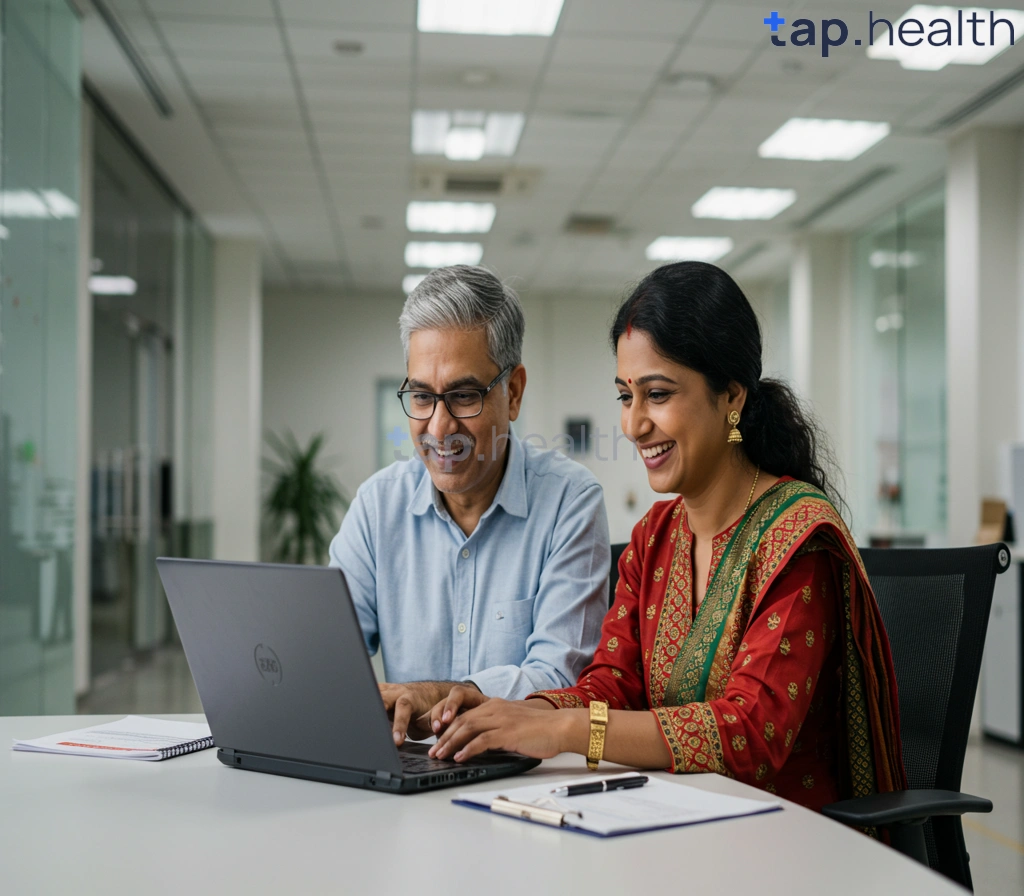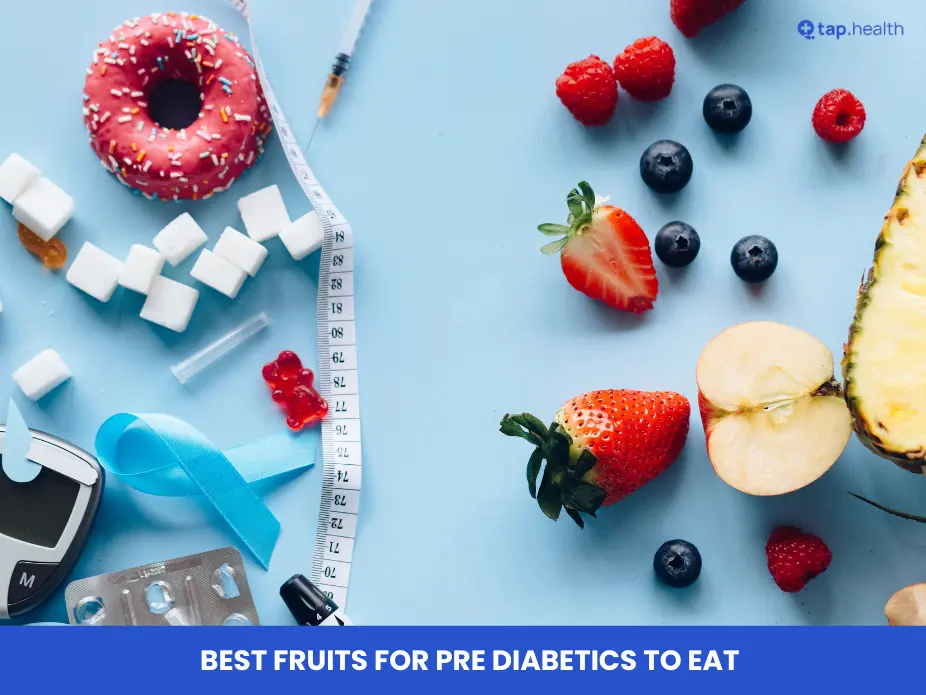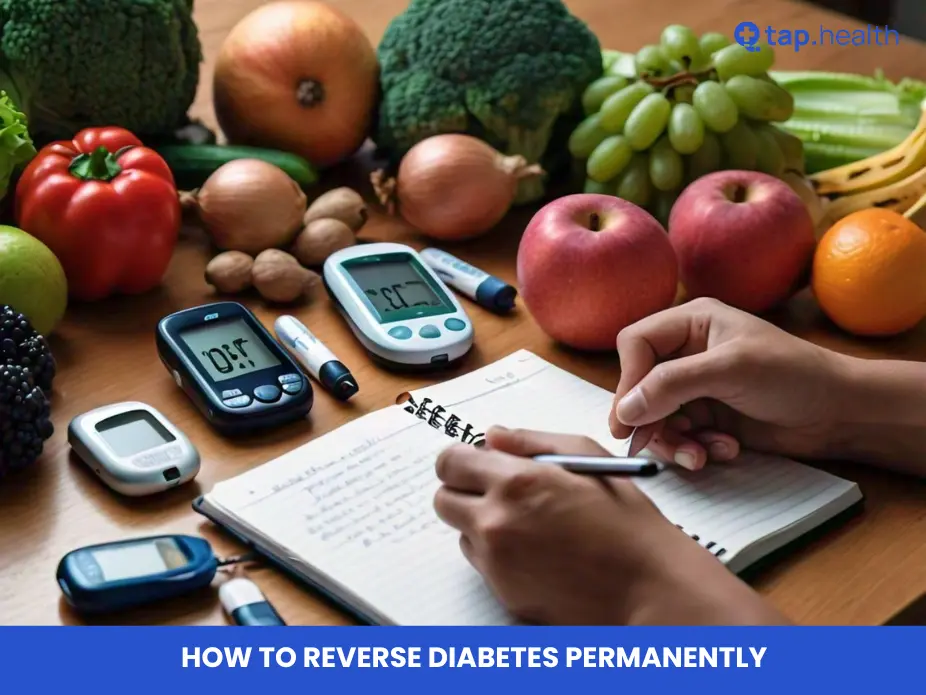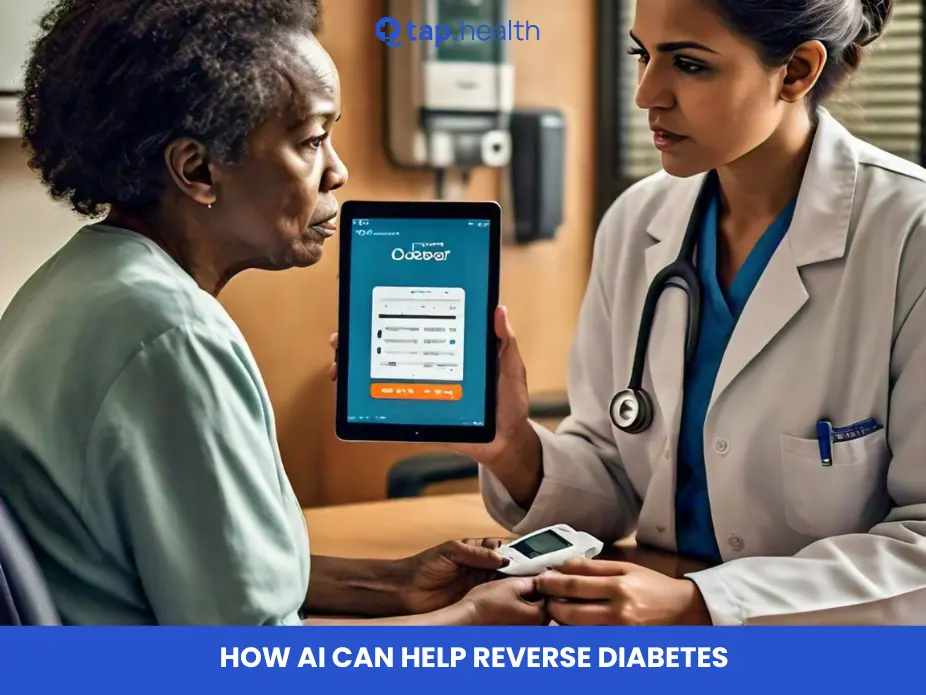Table of Contents
- Data Sharing: A New Era in Diabetes Research?
- Revolutionizing Diabetes Treatment Through Open Data
- Unlocking Cures: How Code & Data Advance Diabetes Research
- Collaborative Research: The Future of Diabetes Data Analysis
- A Guide to Open-Source Tools for Diabetes Research
- Frequently Asked Questions
- References
Tired of feeling like diabetes research is moving too slowly? We are too! That’s why we’re diving deep into Revolutionizing Diabetes Research: The Power of Data and Code Sharing. In this blog, we’ll explore how open science practices, specifically the collaborative sharing of data and code, are accelerating breakthroughs in diabetes treatment and prevention. Imagine a future where researchers globally can build upon each other’s work seamlessly – that’s the promise of this exciting new era. Get ready to learn how open data is changing the game and fueling innovation in the fight against diabetes.
Data Sharing: A New Era in Diabetes Research?
The global burden of diabetes is staggering. In 2021, 536.6 million people aged 20-79 years lived with diabetes – a figure projected to soar to 642.8 million by 2030 and 783.7 million by 2045. This dramatic increase, representing a rise in prevalence from 9.8% in 2021 to 11.2% in 2045, necessitates a revolutionary approach to research and treatment. This is where the power of data and code sharing comes into play.
The Transformative Potential of Open Data
For Indian and tropical countries, where diabetes prevalence is particularly high and resources may be limited, collaborative data sharing offers unparalleled opportunities. Imagine researchers in India pooling their data on type 2 diabetes prevalence amongst specific demographics with colleagues in other tropical regions. By combining datasets, researchers can identify previously unseen patterns, uncover novel risk factors specific to these populations, and accelerate the development of targeted interventions. This collaborative approach can significantly expedite the process of understanding diabetes complications and their management, leading to improved health outcomes. The potential for improved management is further amplified by advancements in technology, as discussed in How Can New Technological Advances Improve Diabetes Lifestyle?.
Overcoming Barriers to Data Sharing
While the benefits are clear, challenges remain. Concerns around data privacy, intellectual property rights, and standardization need careful consideration and robust solutions. Establishing ethical guidelines and secure data platforms is crucial for building trust and encouraging widespread participation. However, the potential for breakthroughs in diabetes research, particularly in high-risk regions, makes investing in overcoming these barriers a global imperative. The use of AI is also proving to be a significant factor in overcoming some of these challenges, as highlighted in How AI Helps in Monitoring and Managing Diabetes.
A Call to Action for Indian and Tropical Researchers
The future of diabetes research lies in collaboration. Indian and tropical researchers must actively participate in data and code sharing initiatives. By embracing open science principles and actively contributing to global databases, we can collectively accelerate the development of effective prevention strategies, treatments, and ultimately, improve the lives of millions affected by this chronic disease. Let’s harness the power of collective knowledge to combat the diabetes epidemic.
Revolutionizing Diabetes Treatment Through Open Data
The Urgent Need for Collaboration
The global burden of diabetes is staggering, with a shocking 50% of cases worldwide remaining undiagnosed. This statistic is particularly alarming in India and other tropical countries, where diabetes prevalence is rising rapidly due to factors like lifestyle changes and genetic predispositions. Early detection and effective management are crucial, and open data sharing holds the key to unlocking significant advancements in diabetes research and treatment. By making research findings, patient data (with appropriate anonymization and ethical considerations), and genomic information publicly accessible, we can accelerate progress toward better diagnostic tools and therapeutic strategies. Access to this crucial data through resources like the International Diabetes Federation Diabetes Atlas is a vital first step.
Harnessing the Power of Collaborative Research
The power of open data lies in its ability to foster collaboration. Researchers across India and other tropical nations can leverage this collective knowledge to identify patterns specific to their regions, leading to more tailored interventions. Imagine the impact of pooling genetic data to discover genetic markers associated with higher diabetes risk within specific populations. Or consider the insights that could be gleaned from sharing anonymized patient data to optimize treatment protocols based on regional health disparities. This collaborative approach, fueled by accessible data, is essential to tackling the unique challenges presented by the disease’s complex interplay with environmental and genetic factors in these regions. For individuals, understanding how to manage their condition effectively is paramount, and a personalized diabetes control plan can make a significant difference.
A Call to Action for Regional Advancement
The time for isolated research efforts is over. We must embrace a culture of open data sharing in India and across tropical countries to revolutionize diabetes care. By actively contributing to and utilizing publicly available datasets, researchers, healthcare professionals, and policymakers can drive innovation, improve diagnostics, and ultimately save lives. Let’s work together to leverage the power of data and code sharing to build a healthier future for millions affected by this debilitating disease. While reversing diabetes might seem ambitious, learning about how to reverse diabetes permanently can provide valuable insights and motivation for better health management.
Unlocking Cures: How Code & Data Advance Diabetes Research
The global burden of diabetes is staggering. The number of people living with this chronic disease has skyrocketed, rising from 200 million in 1990 to a staggering 830 million in 2022, according to the World Health Organization (WHO). This dramatic increase, particularly prevalent in Indian and tropical countries, underscores the urgent need for innovative research approaches. Open data and code sharing are crucial elements in accelerating the discovery of effective treatments and cures.
The Power of Collaborative Research
Traditionally, diabetes research has been siloed, with individual labs working independently. This approach limits the speed of discovery and the ability to leverage the collective knowledge and data available. Open-source initiatives, where researchers share their code and data sets, foster collaboration. This allows scientists to build upon each other’s work, identify patterns faster, and validate findings more efficiently. This is especially critical in resource-constrained settings, common in many Indian and tropical nations, where collaboration can amplify limited resources. Understanding the relationship between obesity and diabetes is also crucial in this research. For more information, see our blog on Understanding the Link Between Diabetes and Obesity.
Data-Driven Insights for Targeted Therapies
The sheer volume of data generated through modern research methods, including genomics and wearable technology, is immense. Analyzing this data effectively requires advanced computational techniques and shared algorithms. By openly sharing code, researchers can ensure that others can replicate and validate their findings, ultimately leading to more robust and reliable results. This allows for the development of targeted therapies tailored to specific populations, particularly important given the diverse genetic and environmental factors influencing diabetes across India and tropical regions. The potential of AI in reversing diabetes is also a significant area of research. Learn more in our blog on How AI Can Help You Reverse Diabetes.
Driving Change in Diabetes Research Across India and Tropical Regions
The future of diabetes research lies in embracing open science. Indian and tropical researchers need to actively participate in and contribute to open data and code sharing initiatives. This collaborative approach will not only accelerate the pace of discovery but also ensure that research findings are readily accessible and applicable in diverse contexts, ultimately leading to improved healthcare outcomes for millions. Let’s work together to revolutionize diabetes research and improve the lives of those affected.
Collaborative Research: The Future of Diabetes Data Analysis
Unlocking Insights Through Shared Data
The global diabetes epidemic disproportionately affects populations in India and other tropical countries. With 61% of people with diabetes aged between 20-64 years and a significant portion of the remaining 39% aged 65+ years, data-driven research is crucial for effective interventions. Collaborative research, built on the principle of open data and code sharing, offers a powerful solution. This approach allows researchers across institutions and geographical locations to pool resources, analyze larger datasets, and accelerate the pace of discovery. This is especially important when considering the challenges of Managing Diabetes as You Age: Challenges and Solutions, as older populations are more significantly affected.
The Power of Open Science in Diabetes Research
Sharing anonymized patient data, along with the analytical code used to process it, fosters transparency and reproducibility. This not only enhances the reliability of research findings but also allows other scientists to build upon existing work, saving time and resources. For instance, researchers in India could leverage datasets from other tropical regions to identify common risk factors and develop targeted preventative strategies. This collaborative approach is particularly vital given the diverse genetic and environmental factors influencing diabetes in these regions. Furthermore, open-source tools and platforms for data analysis can significantly reduce the barriers to entry for researchers in resource-constrained settings. Understanding the impact of lifestyle factors, such as sleep, is also crucial; consider the importance of The Importance of Quality Sleep in Managing Diabetes.
A Call to Action for Indian and Tropical Researchers
The future of diabetes management in India and tropical countries hinges on embracing collaborative research methodologies. By actively participating in data and code sharing initiatives, researchers can contribute significantly to a more comprehensive understanding of diabetes, leading to improved prevention, diagnosis, and treatment. Let’s foster a culture of open science to tackle this critical global health challenge effectively and improve the lives of millions.
A Guide to Open-Source Tools for Diabetes Research
Unlocking Collaborative Research in Diabetes
The global diabetes epidemic disproportionately affects low- and middle-income countries, with over 75% of people living with diabetes residing in these regions. This includes a significant portion of the population in India and other tropical countries. Effectively combating this requires a collaborative approach, leveraging the power of open-source tools and data sharing to accelerate research and improve healthcare access. Open-source platforms facilitate the sharing of valuable datasets, algorithms, and analytical tools, fostering a more inclusive and efficient research environment. This is especially crucial in regions with limited resources.
Leveraging Open-Source for Impactful Research in India and Tropical Countries
Several open-source tools can significantly aid diabetes research in these regions. For instance, open-source statistical software packages like R and Python provide powerful analytical capabilities for processing large datasets, essential for epidemiological studies and clinical trials. These tools are freely accessible, reducing financial barriers often encountered in resource-constrained settings. Furthermore, collaborative platforms like GitHub allow researchers to share code, data, and publications, fostering transparency and accelerating the research process. This collaborative aspect is particularly valuable in bridging the gap between researchers in developed and developing nations. Understanding how to effectively utilize these tools can be enhanced by exploring advancements in AI, such as those detailed in How You Can Manage Diabetes Well with AI.
Driving Progress Through Open Collaboration
The adoption of open-source tools and data sharing is paramount for improving diabetes research and care in India and other tropical countries. By embracing these resources, researchers can overcome resource limitations, foster collaboration across borders, and accelerate the development of effective treatments and prevention strategies. Let’s work together to build a more inclusive and accessible research ecosystem, empowering researchers in these regions to make significant contributions to the global fight against diabetes. Consider exploring the wealth of data available on the IDF Diabetes Atlas to further your research. Furthermore, responsible consideration of dietary supplements should be a part of a holistic approach, as outlined in Safe and Effective Dietary Supplements for Diabetes Care.
Frequently Asked Questions on Diabetes Research Revolution | Data & Code Sharing
Q1. What is the main focus of this research initiative?
This initiative focuses on revolutionizing diabetes research by leveraging the power of open data and code sharing to accelerate discoveries and develop more effective prevention strategies and treatments, particularly in regions like India and other tropical areas with a high diabetes burden.
Q2. How does sharing data and code benefit diabetes research?
Sharing data and code allows researchers worldwide to collaborate more effectively, overcoming geographical and resource limitations. Pooling datasets reveals previously unseen patterns, leading to the development of more targeted interventions and ultimately improving the lives of millions affected by diabetes.
Q3. What are the potential challenges of this open approach?
The main challenges are ensuring data privacy and standardizing data formats across different research groups. However, the potential benefits of accelerating research and improving treatments significantly outweigh these risks.
Q4. How can researchers get involved in this collaborative effort?
Researchers can contribute by sharing their data and code on open-source platforms, using open-source tools for data analysis, and actively participating in collaborative research projects. A culture of transparency and reproducibility is vital to success.
Q5. Why is a collaborative, open-science approach crucial for diabetes research?
A collaborative approach is essential because it facilitates the pooling of resources and expertise from diverse regions, leading to a better understanding of diabetes in different populations and the development of more effective, culturally-sensitive prevention and treatment strategies.
References
- A Practical Guide to Integrated Type 2 Diabetes Care: https://www.hse.ie/eng/services/list/2/primarycare/east-coast-diabetes-service/management-of-type-2-diabetes/diabetes-and-pregnancy/icgp-guide-to-integrated-type-2.pdf
- Electronic Health Records-Based Data-Driven Diabetes Knowledge Unveiling and Risk Prognosis : https://arxiv.org/pdf/2412.03961



